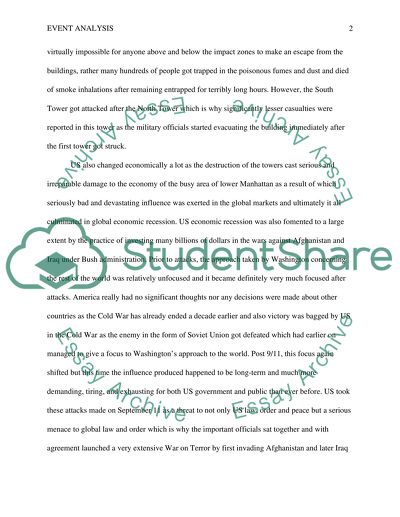Cite this document
(“The Impact of September 11 Attacks on the US Foreign Policy Research Paper”, n.d.)
Retrieved from https://studentshare.org/history/1451244-event-analysis
Retrieved from https://studentshare.org/history/1451244-event-analysis
(The Impact of September 11 Attacks on the US Foreign Policy Research Paper)
https://studentshare.org/history/1451244-event-analysis.
https://studentshare.org/history/1451244-event-analysis.
“The Impact of September 11 Attacks on the US Foreign Policy Research Paper”, n.d. https://studentshare.org/history/1451244-event-analysis.


